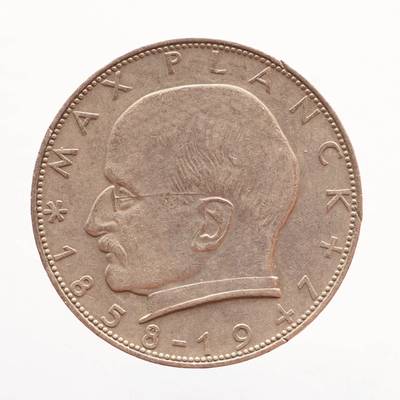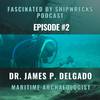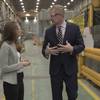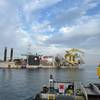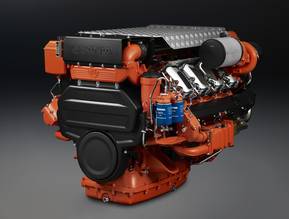Back to the Drawing Board: Max Planck’s Maxim
The physicist Max Planck (actually born as Marx Planck) is best known for the development of his universal constant that defines physics at the most basic level. It is an important number, and today it even defines the kilogram and therefore most engineering units. Regardless, in my daily life I have little use for it.
Max Planks is less known for his Principle, which, to me, is much more useful and I encounter it almost on a daily basis. Max Planck provided this Principle in his Scientific Autobiography (and Other Papers, 1950).
- PLANCK’S PRINCIPLE
A new scientific truth does not triumph by convincing its opponents and making them see the light, but rather because its opponents eventually die and a new generation grows up that is familiar with it ...
An important scientific innovation rarely makes its way by gradually winning over and converting its opponents: it rarely happens that Saul becomes Paul (the Apostle, converted on the road to Damascus). What does happen is that its opponents gradually die out, and that the growing generation is familiarized with the ideas from the beginning: another instance of the fact that the future lies with the youth.
Principles are often paraphrased and a favorite paraphrase of Planck’s Principle is:
“Science progresses one funeral at a time”
Maxims are defined as short, pithy statements expressing a general truth or rule of conduct. Planck’s Principle can be expanded into a general truth through simple logic.
As such, with a modest addition and an alliterative switch we arrive at:
Max Planck’s Maxim: “Science and Technology progress one funeral at a time”
Today, this may well be humanity’s most important maxim, sort of the Maximum Maxim. Today, there is an existential need for scientific and technological progress. We are not talking about minor issues such as the threat of nuclear war, or a space race, or the potential of world hunger, we are talking about the actual destruction of the only planet we have.
The first signs of planetary destruction occurred in the early 1990’s, and today we are in the middle of the warming climate destruction cycle. The good news is that science and technology exist to avert the destruction, but then we have those Sauls that refuse to become Pauls.
It is probably not unreasonable to state that with the scientific debate starting in the early 90’s, we now have lots of old dead scientist Sauls, a few old scientist Pauls, some remaining old scientist Sauls of no real consequence, and, for the rest, younger scientist Pauls. But to really be able to switch to sustainable energy, we need to get to the Engineering Sauls, the Political Sauls and the Public Sauls and turn them into Pauls.
I am not entirely sure as to how we can get to the Political and Public Sauls, but the game for Engineering Sauls is to convert them as young as possible. That means at the university level, and possibly even earlier. As far as my involvement in university engineering education is concerned, I see some student interest in environmental and low carbon design, but that does not create Pauls (and Paulines). A conversion to Sustainable Paul is not related to the ability to design wind turbines and methanol engine rooms, it is related to a deep conviction that design work that does not advance sustainability is anathema and even unethical. These young engineers need to be able to refer to commandments and preach like Paul.
We need to create young engineers who, regardless of potential financial gains, can say: “That does not advance sustainability and I will not engage in that.” That does not mean that all those Pauls and Paulines will have to fight that fight every day or even martyr themselves, but when they encounter a debate about sustainability, they need to be able to stand up and say: “I am an engineer, I include sustainability in my personal professional code and it is always a main variable in my designs. Let me explain why this needs to be done, and allow me to refer you to the first and second commandments of sustainability: Love your neighbor like yourself and it is the CO2 Stupid!”
The question is: “How do we train and motivate young engineers to be able to occupy that place in the room?”
I have followed the discussion on climate change solutions in the engineering community for many years and engaged in quite a number of efforts to tighten up the focus on true climate change solutions, but frankly I am not encouraged.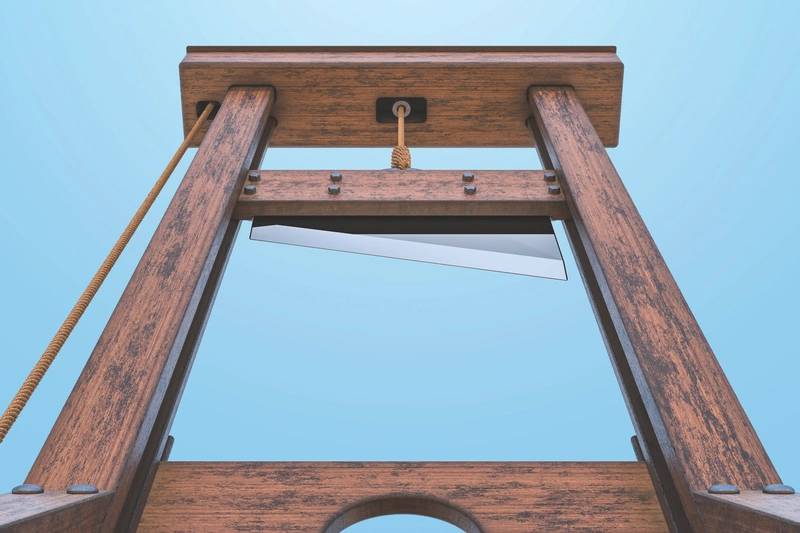 Copyright alexlmx/AdobeStockThere is this old engineering joke.
Copyright alexlmx/AdobeStockThere is this old engineering joke.
During the French Revolution a doctor, a lawyer, and an engineer are going to be executed by the guillotine. The doctor is first and they ask him if he wants to be executed face up or face down. The doctor chooses face down. The lanyard is pulled, the blade whizzes down and stops within an inch of his neck. Since the sentence has been executed, he is free to walk away. They ask the lawyer how he wants to be executed. Without hesitation he adheres to precedent, and also chooses to be executed face down. The lanyard is pulled, the same thing happens, and he is free to walk. They ask the engineer how he wants to be executed, and, without hesitation he chooses face up. He is in the block looking up and says: “Oh, I see what the problem is.”
Unfortunately, the joke is true. Engineers think tactically and rarely strategically.
Even at the most exalted levels this is true. I came across some 2021 comments on climate change by John Anderson, no less than the President of the National Academy of Engineers. (Search: National Academies, Engineering Response to Climate Change) He says engineering changes have to be made and goes to suggest that highways have to become more rugged, we should fit solar panels and windmills on buildings and provides other tactical responses to the problem. Not once does he say: “It is the CO2. We need to stop adding CO2 to the atmosphere and it is our prime job to force those technologies down the public’s throat to save our planet.”
He also does not say: “We need to question the ethics of any engineer who does not take sustainability into account in their designs.”
This John may be a Paul in conviction, but he sure ain’t writing a newest testament.
For each column I write, MREN has agreed to make a small donation to an organization of my choice. For this column I nominate ESW, Engineers for a Sustainable World. No further explanation needed.




